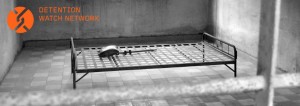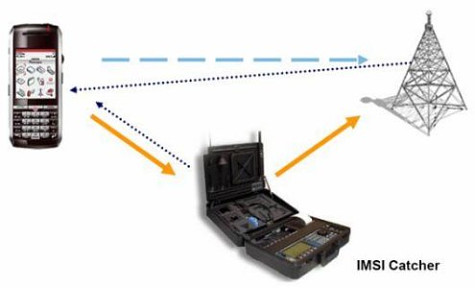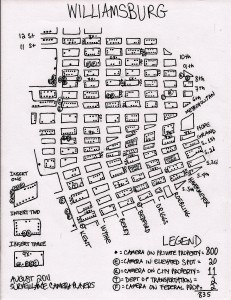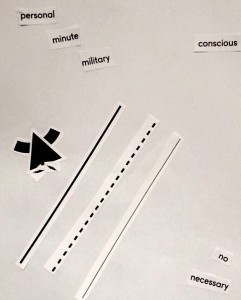The Detention Watch Network works through the collective strength and diversity of its members to expose and challenge the injustices of the U.S. immigration detention and deportation system and advocate for profound change that promotes the rights and dignity of all persons. Our project could potentially focus on the Detention Watch Network’s current campaign to end the bed quota.
The reality that exists is that the immigration detention bed quota requires U.S. Immigration and Customs Enforcement (ICE) to hold a minimum of 34,000 immigrants at any given time. Having a quota on how many people must be locked up every day is an issue that indirectly affects everyone. Chrislene, Sean, and I met last Wednesday 2/19 via a google hangout with Silky and Carly from the Detention Watch Network to brainstorm ideas.
A question that came up during our conversation is what would the world look like without detention centers. During the upcoming Discotech this weekend, we hope to address this question and explore the possibilities. We will be meeting with our project partners on Friday 2/28 to finalize what will be covered during the workshop portion.
So far we’ve been researching relevant projects and other inspiring works and started a list:
Data Visualisations by Jer Thorp
MIT database of interactive documentary projects
For more information about the end the bed quota campaign, please visit: http://www.detentionwatchnetwork.org/EndTheQuotaNarrative



